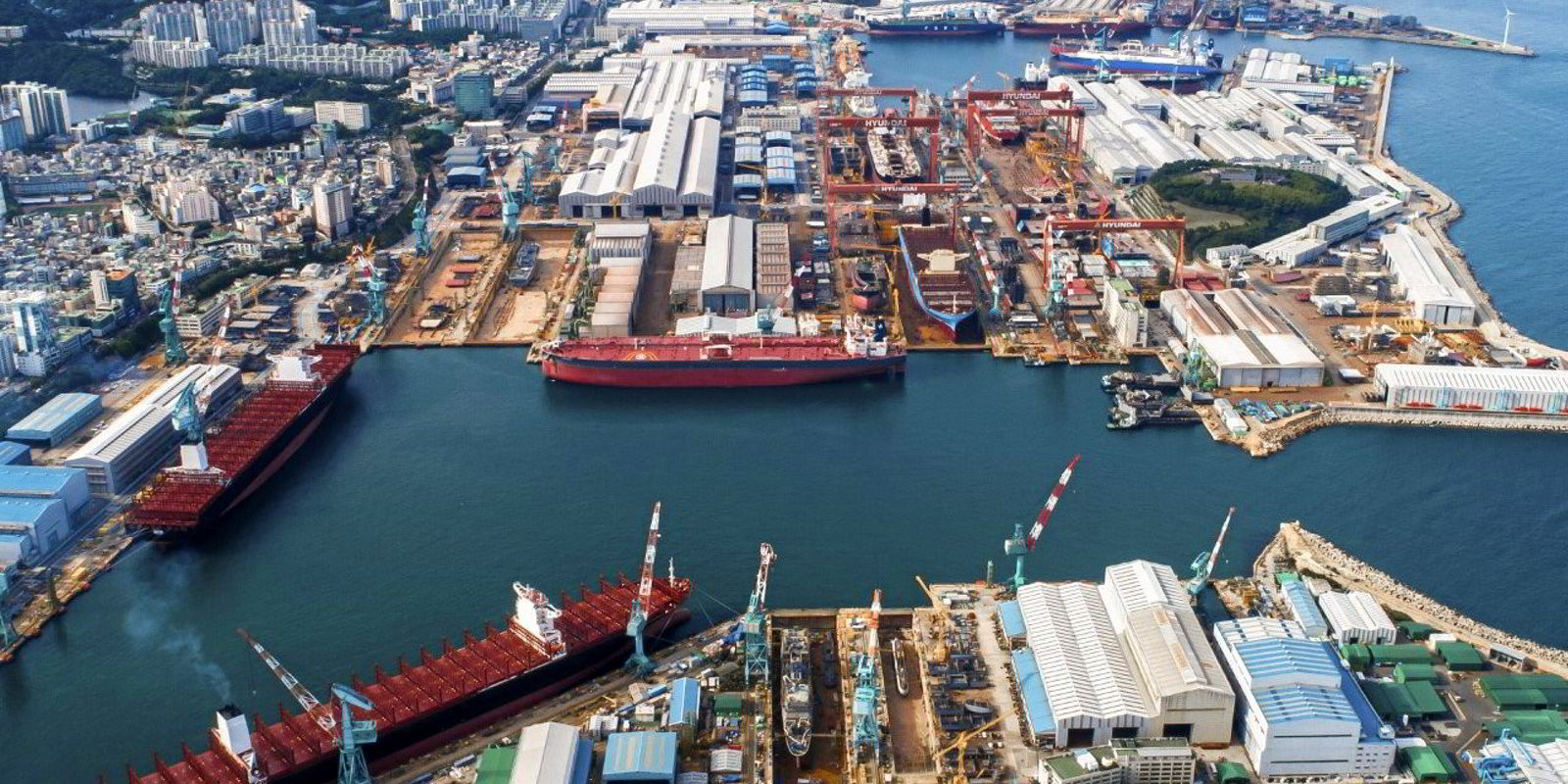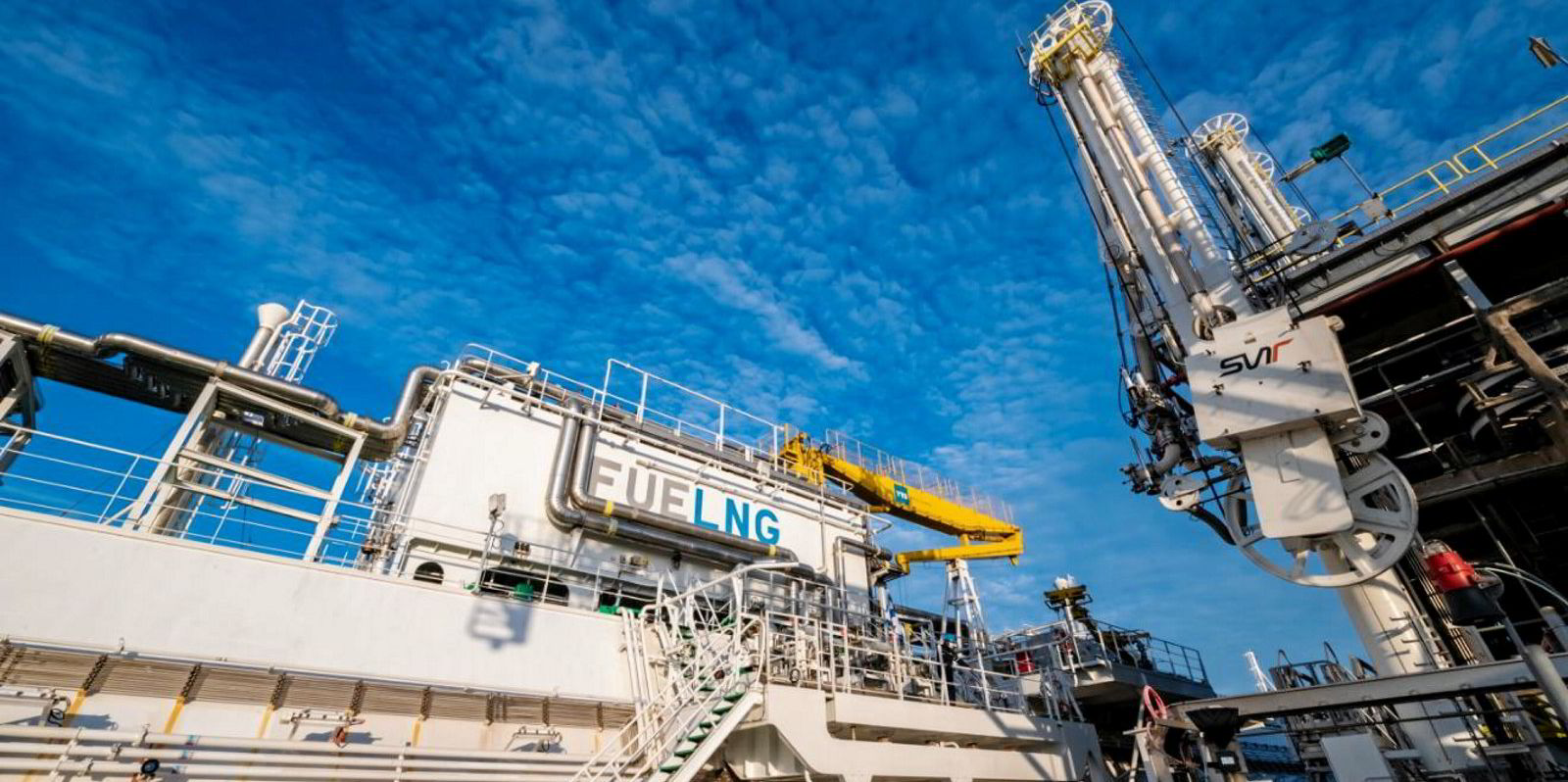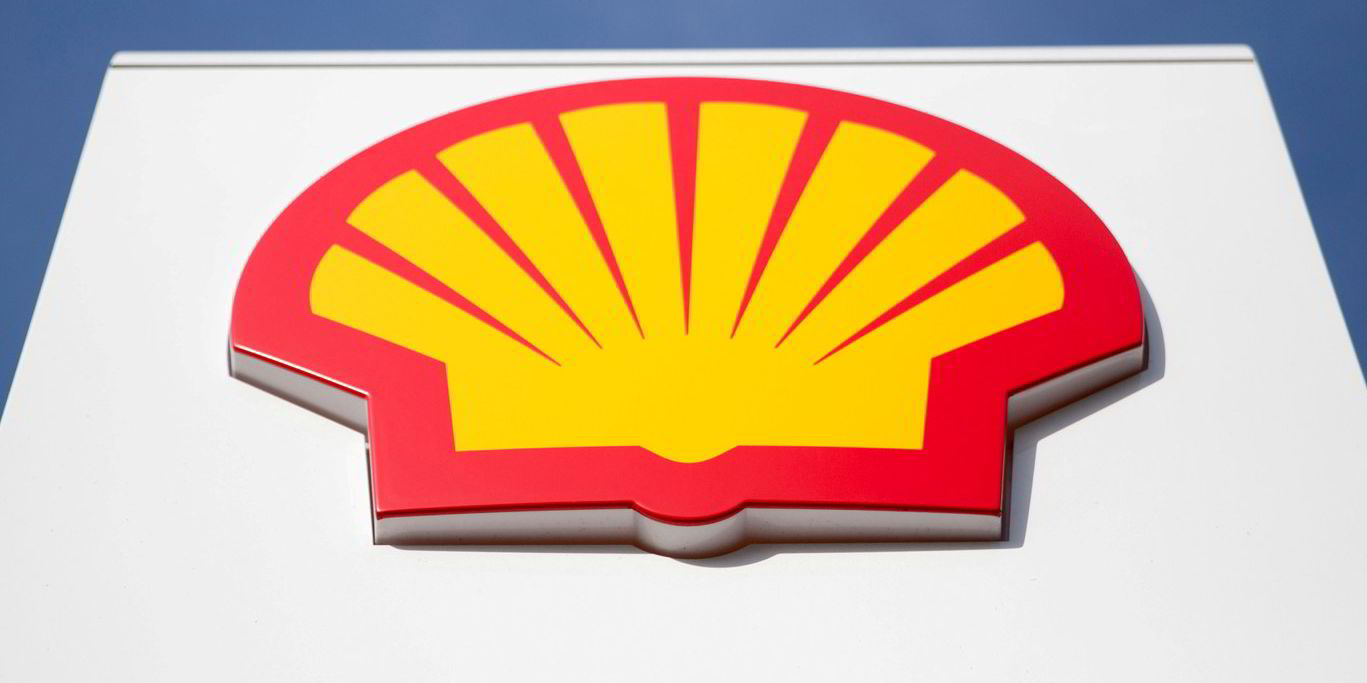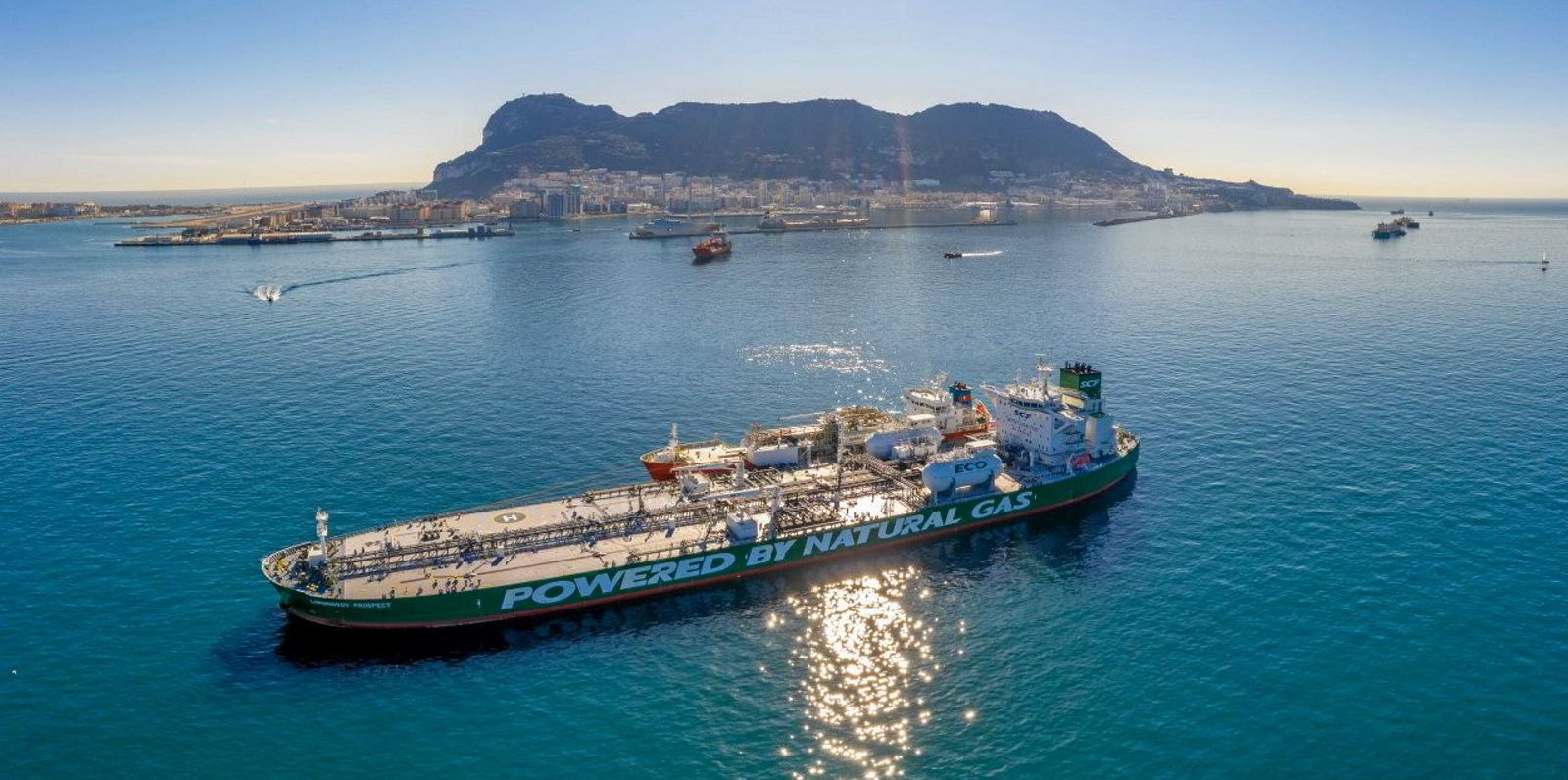South Korea’s Pan Ocean has ordered a large LNG bunker vessel (LNGBV) newbuilding worth $55m on the back of a charter deal with energy major Shell.
Pan Ocean said it contracted an 18,000-cbm LNGBV at Hyundai Mipo Dockyard for delivery in May 2023.
The vessel is fixed to Shell for six years with an option to extend the hire by another two years.
It will be the largest LNGBV for the major.
The LNGBV deal comes just months after Pan Ocean signed time-charter contracts with Shell for two firm 174,000-cbm LNG carriers that will be built at Hyundai Heavy Industries. The shipowner is believed to hold at least one optional newbuilding with the yard.
TradeWinds reported last month that Shell was closing in fast on another LNGBV newbuilding. But at the time discussions were thought to be centred on a 12,000-cbm capacity vessel.
Doubling up
Shell has said it plans to double its LNGBV fleet by 2025 and has said it is aiming to supply LNG in around 15 of the world’s major ports.
The company has been operating a fleet of six in-service LNGBVs and has just put two more — the 4,000-cbm articulated tug barge newbuilding Q-LNG 4000 and the 7,500-cbm FueLNG Bellina (built 2020) — into operation in the US and Singapore, respectively.
In addition, the company has signed a charter deal on a 5,000-cbm newbuilding ordered by Knutsen OAS Shipping in Spain for the Port of Barcelona.
The major is also understood to be looking at more LNGBVs in the smaller size categories.
During April, Shell conducted its first ship-to-ship LNG bunkering operations off Gibraltar in the Mediterranean and the US’ Port Canaveral.
Shell already has a substantial list of LNG bunkering requirements.
The company’s own on-order chartered LNG-fuelled tanker tonnage stacks up at 10 VLCCs, 10 aframaxes, four product carriers and 40 inland tanker barges.
The company has also signed deals with owners and charterers that have signed up to dual-fuel newbuildings, such as BHP and boxship owner Seaspan Corp.
Shell, which along with fellow major Total has been pioneering the use of LNG as a fuel, has said it expects the global number of LNGBVs to reach 45 by 2023.







